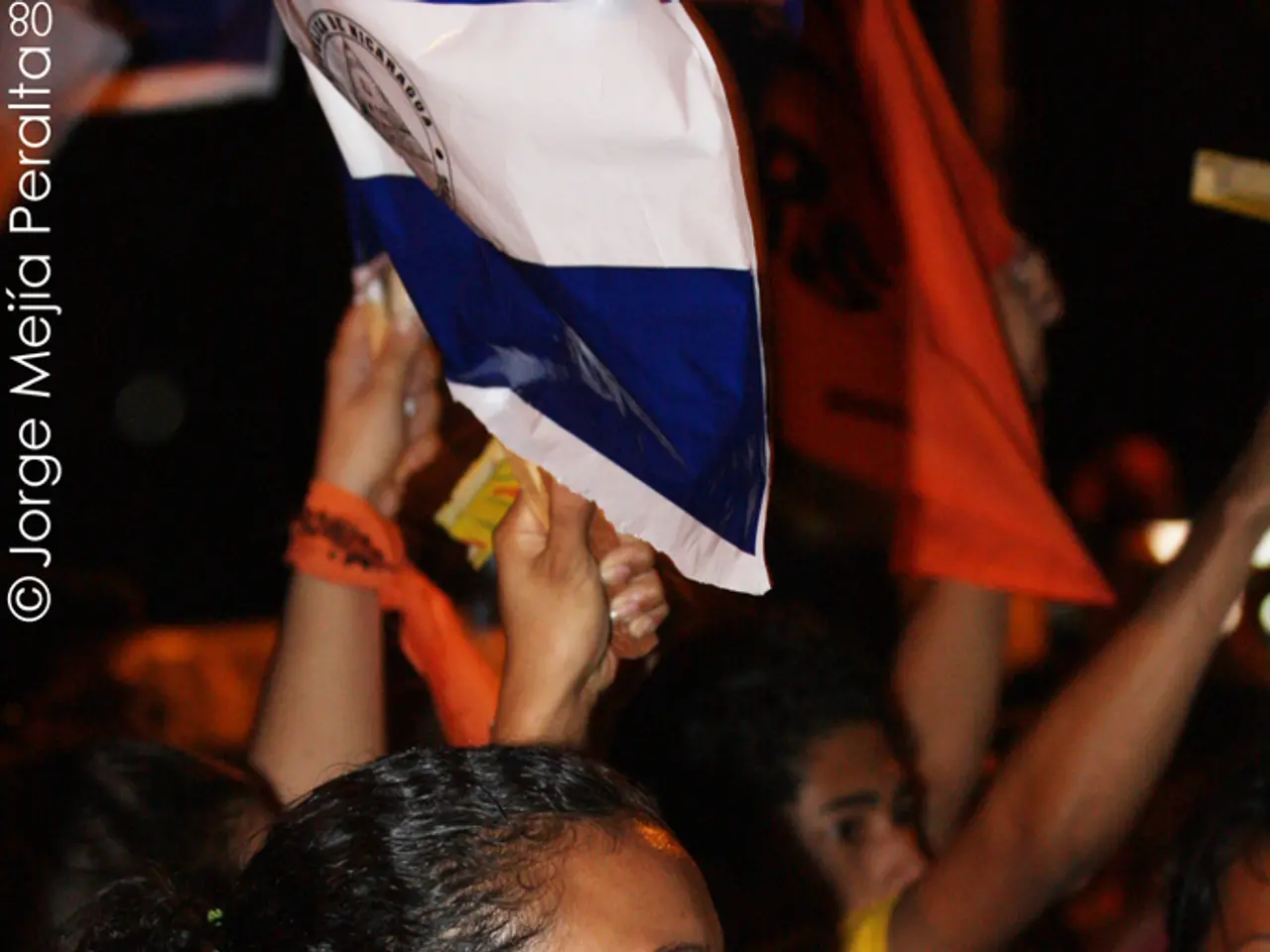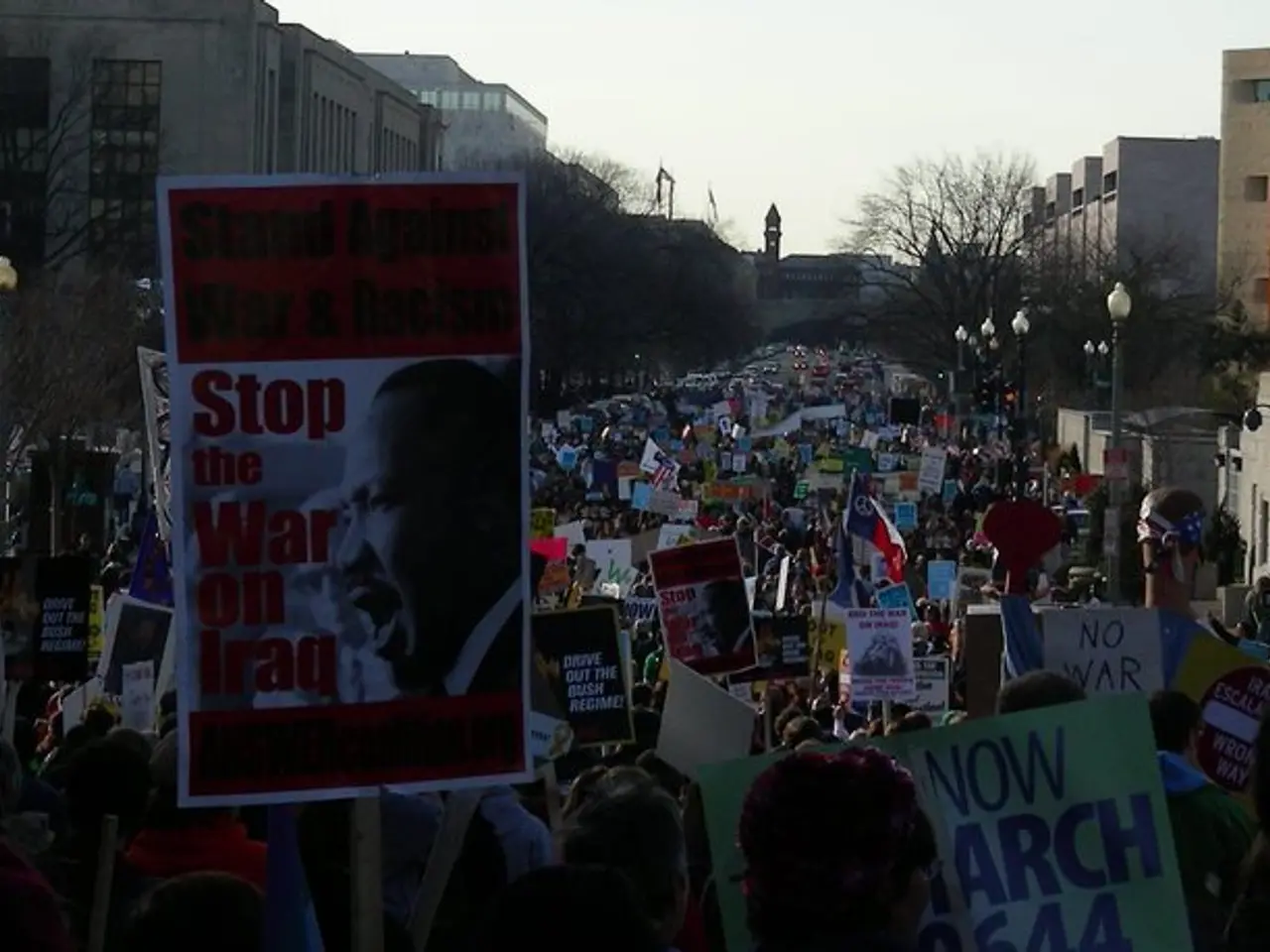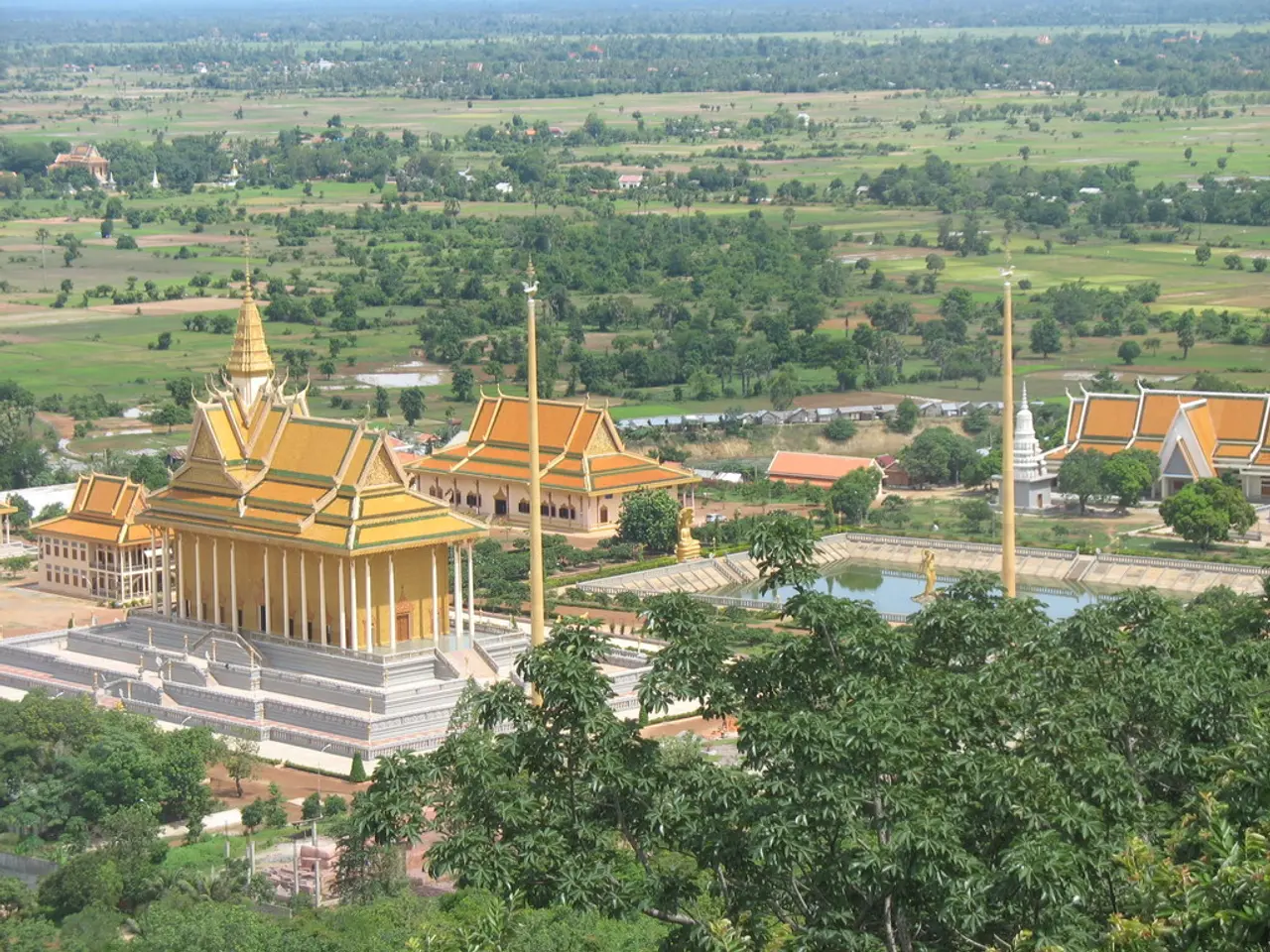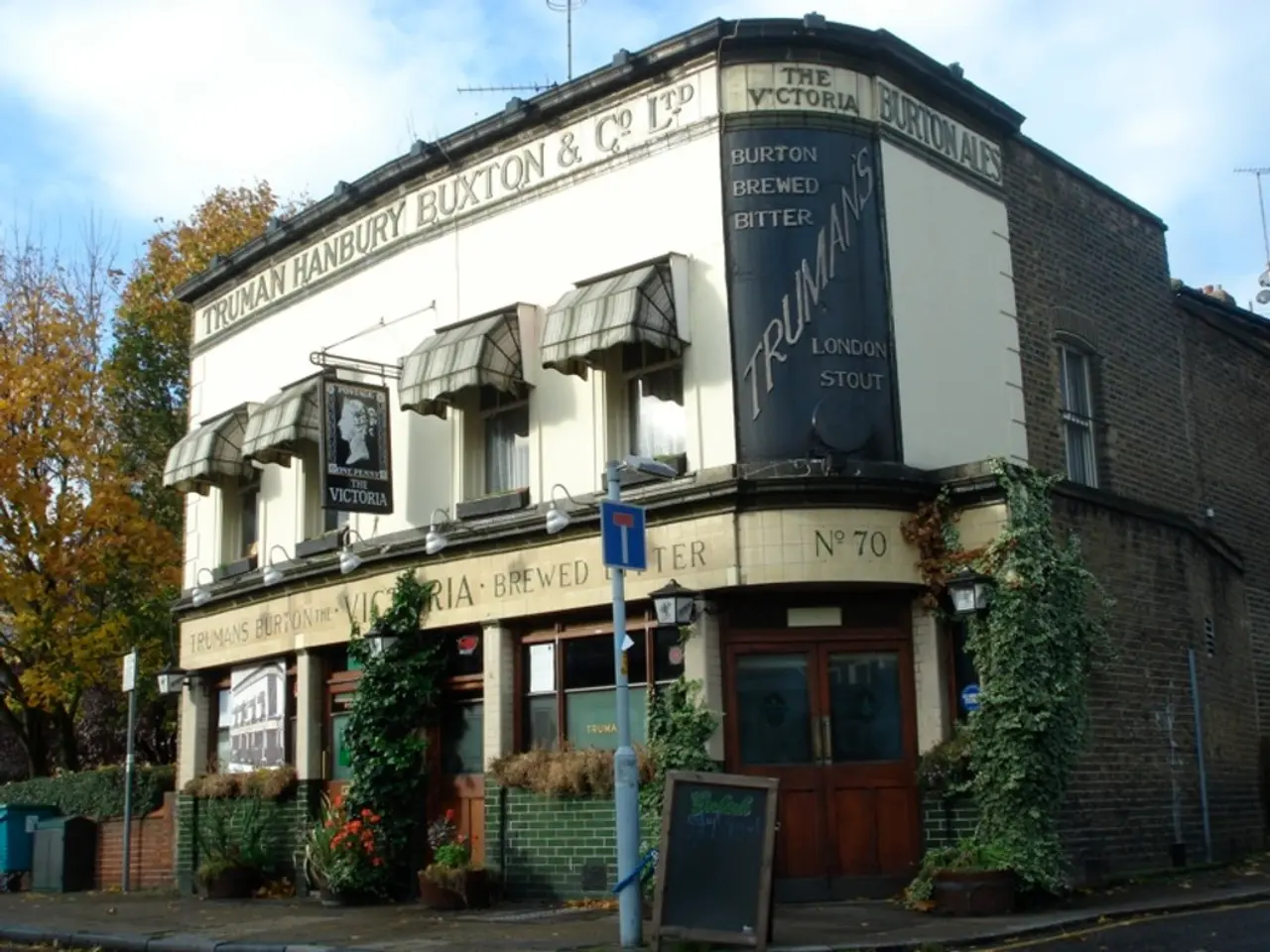Cities like New York City and San Francisco round off LGBTQ+ Pride Month with a fusion of celebration and demonstration.
Celebrating Pride in São Paulo: A Festival of Resistance and Diversity
The month-long LGBTQ+ Pride celebrations come to a peak as major cities around the world, including São Paulo, host grand parades and marches this month. This vibrant spectacle in Brazil's largest city is a unique mix of revelry, activism, and social commentary.
The Roots of São Paulo's Pride
First organized as an act of protest, inspired by the global LGBTQ+ rights movement catalyzed by the 1969 Stonewall Riots in New York City, São Paulo's Pride Parade has grown into one of the world's biggest and most significant LGBTQ+ events. Drawing millions of participants every year, this colorful extravaganza holds the Guinness World Record for attendance.
A Carnival of Colors and Causes
The São Paulo Pride Parade personifies the dual spirit of celebration and resistance. It is at once a joyous, vibrant display of diversity and identity, filled with festive floats, music, and performances, and an occasion for political protest. This annual event champions the struggle for equal rights, visibility, and social justice for LGBTQ+ people in Brazil.
As a platform for activism, the march has been instrumental in voicing demands against discrimination, violence, and systemic inequality in the LGBTQ+ community. Being a pivotal point for bringing attention to pressing issues such as legal rights, social acceptance, and protection from hate crimes, the parade remains a hub for raising awareness and fostering dialogue on human rights.
Evolution and Significance in the Modern Era
The São Paulo Pride Parade, now in its 29th edition, continues to tackle contemporary concerns within the LGBTQ+ community. For instance, its recent focus centered around the theme of aging within the community, highlighting issues faced by older LGBTQ+ individuals who often find themselves marginalized.
The event maintains its engagement with government bodies and civil society, as exemplified by the participation of activists like Norivaldo Júnior, a member of the National Council for the Rights of the Elderly, underscoring the parade's role in shaping public debate on human rights.
Pride in Protest
Despite some setbacks, such as reduced corporate sponsorship due to shifting public sentiment, the LGBTQ+ community continues to make its voice heard. In São Paulo, the theme for the upcoming Pride Parade is a testament to this spirit, urging attendees to "Rise Up: Pride in Protest." As Patti Hearn, the executive director of Seattle Pride, put it, "This is not a time to be quiet. We will stand up. We will speak up. We will get loud."
A Global Movement
With cities around the world hosting Pride events, from New York to Sao Paulo, this global movement continues to grow and adapt, addressing the unique challenges and triumphs of each community while maintaining a collective spirit of resistance and pride. The spirit of the Stonewall Riots lives on in every festival, reminding us of the progress made and the work that still lies ahead in the fight for equal rights and recognition for all.
Us, acknowledging the roots of São Paulo's Pride, trace its beginning to the 1969 Stonewall Riots in New York City, which catalyzed the global LGBTQ+ rights movement. Politics remains an integral part of the festival, with the upcoming São Paulo Pride Parade themed "Rise Up: Pride in Protest", reflecting our collective resistance and determination to speak up for equal rights.








